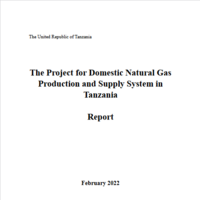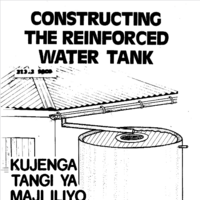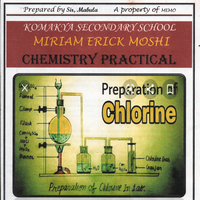Search
Books+
Searching 1,73 books
Search related to the career Petroleum Refinery Operator
Typical Challenges Faced by Petroleum Refinery Operators:
1. Ensuring Safety: Refinery operators must prioritize safety and mitigate risks associated with handling hazardous materials, high temperatures, and complex equipment. They need to adhere to strict safety protocols and maintain a safe working environment.
2. Optimizing Production: Refinery operators face the challenge of maximizing production efficiency while maintaining product quality. They need to balance various factors such as feedstock availability, processing capacity, equipment reliability, and energy consumption to ensure optimal production levels.
3. Managing Environmental Impact: Petroleum refineries have a significant environmental footprint. Operators must comply with environmental regulations and implement measures to minimize emissions, waste generation, and water usage. They need to adopt sustainable practices and invest in technologies that reduce environmental impact.
4. Maintaining Equipment: Refinery operators face the challenge of managing and maintaining a wide range of complex equipment, including pumps, compressors, heat exchangers, and distillation columns. Regular inspections, preventive maintenance, and troubleshooting are essential to ensure equipment reliability and minimize downtime.
5. Handling Feedstock Variability: Crude oil feedstocks can vary in composition, quality, and impurities. Refinery operators must adapt their processes to handle different feedstocks effectively. They need to monitor and adjust operating parameters to optimize yields and product quality based on the feedstock characteristics.
6. Dealing with Process Upsets: Refinery operations can be affected by unexpected events such as equipment failures, power outages, or supply disruptions. Operators must respond quickly to minimize the impact on production, troubleshoot issues, and restore normal operations as efficiently as possible.
7. Managing Energy Consumption: Energy costs constitute a significant portion of refinery expenses. Operators face the challenge of optimizing energy usage and reducing consumption without compromising production efficiency. They need to identify opportunities for energy conservation, implement energy-efficient technologies, and monitor energy performance.
8. Ensuring Product Quality: Refinery operators must maintain strict quality control measures to ensure that the refined products meet industry standards and customer specifications. They need to monitor product properties, conduct laboratory tests, and adjust process parameters to achieve the desired quality consistently.
9. Adapting to Market Dynamics: Refinery operators face challenges related to market fluctuations, including changes in crude oil prices, demand patterns, and regulatory requirements. They need to stay updated with market trends, optimize production plans accordingly, and make strategic decisions to remain competitive in the industry.
10. Training and Skill Development: Refinery operators require extensive training and continuous skill development to stay updated with evolving technologies, safety practices, and industry standards. Operators must undergo regular training programs to enhance their knowledge and proficiency in operating refinery processes effectively.
Source: Various AI tools





































